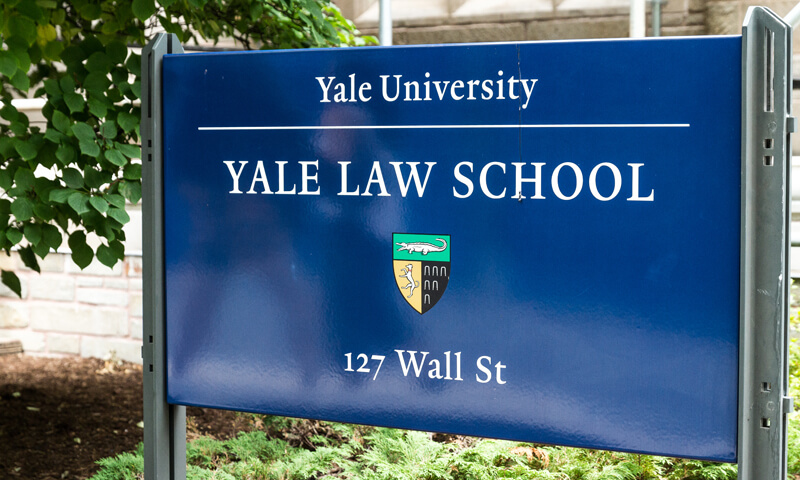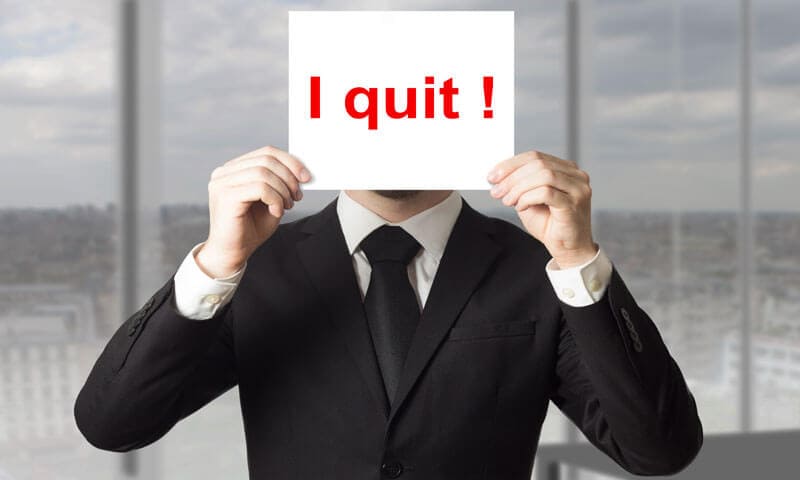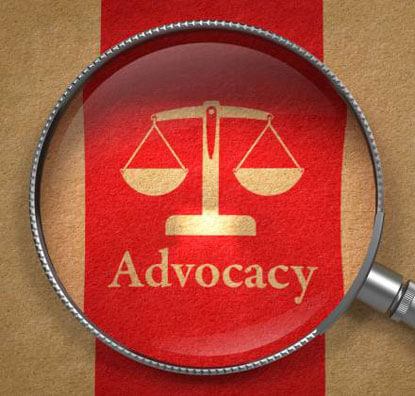Summary: One attorney is arguing everyone should have the right to explore the depths of their own minds, even if it means using psychedelic drugs.
According to Charlotte Walsh, an attorney and lecturer at the University of Leicester, being able to use psychedelic drugs is a human right.
Walsh explains that darknet markets have made it difficult for government entities to hinder this right. Darknet markets are located in secret corners of the Internet, where illegal drugs and substances may be traded, The Guardian explains.

Walsh
Walsh, who spoke at a psychedelic drug form called “Horizons: Perspectives on Psychedelics,” has explained that online drug markets like Silk Road have triggered a powerful movement around “the idea we should be able to consume what we can afford.”
A “legal highs” bill may outlaw incense, even in religious ceremonies.
Walsh adds, “The creation of online drug markets can best be viewed as yet another example of unconstrained underground movements helping society to progress. These developments can also be seen perhaps as the death knell of prohibition.”
According to Walsh, drug prohibition does not settle well with the fundamental human right of “cognitive liberty,” which is the freedom to control our own cognition, consciousness, and mental processes. There are a number of exceptions to psychedelic drug use laws for religious ceremonies, but Walsh argues that these substances should be available to everyone.
Walsh says those in charge of Silk Road have made progress in fighting restrictive drug laws. She states, “In just under two years, the Silk Road administrators have used technology and ingenuity to achieve what thousands of campaigners have toiled since the 1960s to achieve: the right to buy and sell natural and artificial chemicals that affect their consciousness in ways they choose without interference from the state. It is a paradigm shift that cannot easily be reversed.”
Walsh explains that Silk Road has implemented harm reduction strategies to make the consumption of psychedelic substances less dangerous and more accessible. However, these arguments did not persuade the judge in the case of Ross Ulbricht, the man behind Silk Road. The judge sentenced Ulbricht to life in prison, a separate article from Motherboard reveals.
Walsh states, “Despite Ulbricht paying the price with his freedom, websites like Silk Road continue to proliferate on the deep web. Like the mythical hydra, every time a head is cut off, another one grows. There is always a new one ready to replace those that are shut down—and from a radical rights based perspective, this can be viewed as a good thing.”
Walsh isn’t just shooting in the dark. Her claims are supported by data. For example, the Global Drug Survey 2015 demonstrated that more people purchased drugs on the darknet after the website was shut down in 2013. Walsh predicts that governments will be forced to reconsider their drug laws and “the reaches of state control of our cognitive liberty.”
Is the Church of Cannabis a real religion?
Walsh is also a member of a non-profit called the International Center for Ethnobotanical Education, Research & Service. She works to protect personal liberties, and helps build legal defenses for cases that involve “ethnobotanicals” like peyote and ayahuasca. She sometimes defends use on freedom of religion arguments, even though she thinks there is a deeper, more fundamental human right to use mind-altering substances.
Walsh remarks, “We have to work with the system that we have and move forward slowly, because realistically, prohibition isn’t going to collapse in one go, it’s going to collapse step by step.”
Source: Motherboard
Photo credit: spring.org.uk, iceers.org (Walsh)







































